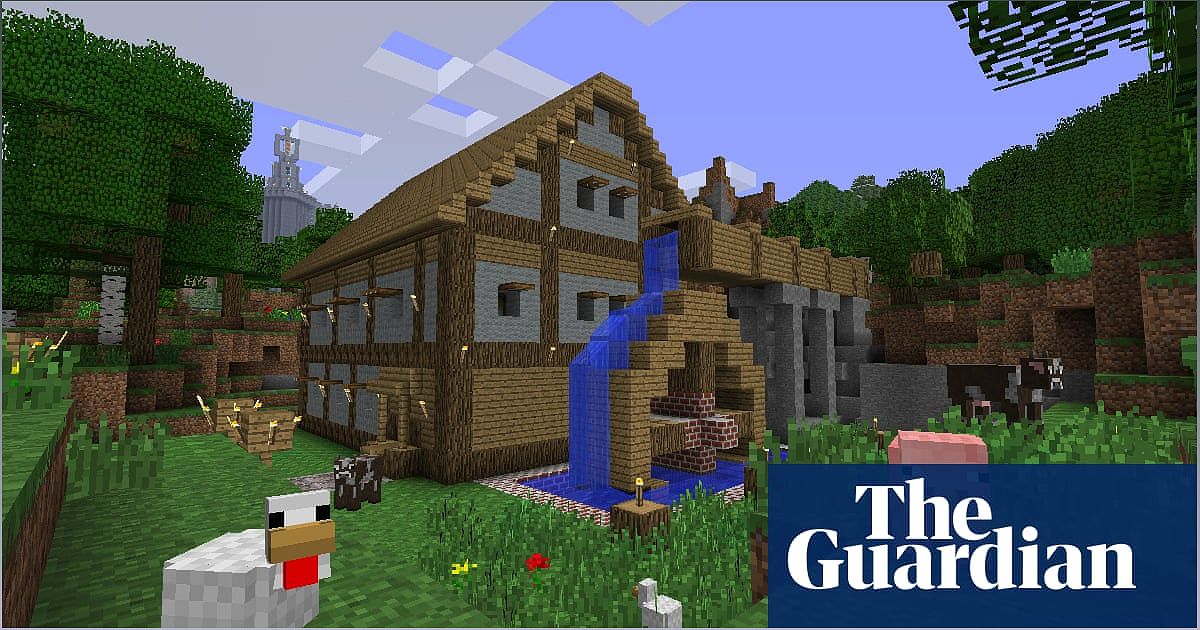The Impact of PlayStation 4 and Xbox One: A Look Back at the Golden Age of Gaming
Join me, Emily Roberts, as we take a nostalgic journey back to the golden age of gaming. In 2013, the launch of PlayStation 4 and Xbox One revolutionized the gaming industry, bringing us universal high-definition gaming, cloud computing, and game streaming. These consoles not only provided immersive gaming experiences but also paved the way for the future of storytelling in video games. Let's dive into the narrative ambition, cultural impact, and the evolution of multiplayer gaming during this era.
The Era of Universal High-Definition Gaming
Explore the impact of PlayStation 4 and Xbox One in ushering in the era of universal high-definition gaming.
The launch of PlayStation 4 and Xbox One in 2013 marked a significant milestone in the gaming industry. These consoles brought us into the era of universal high-definition gaming, revolutionizing the way we experience games. With stunning graphics and immersive gameplay, players were transported into rich and detailed virtual worlds like never before.
Games such as Forza Horizon and Titanfall showcased the power of cloud computing, allowing for complex calculations to be performed remotely and freeing up the console's processor for other tasks. This advancement paved the way for more expansive and visually impressive games.
Additionally, the introduction of game streaming technology enabled players to enjoy retro games across broadband connections, making gaming more accessible and convenient. Sharing gameplay experiences also became easier with features that allowed players to record and broadcast their gaming moments on social media platforms and streaming services like Twitch.
The Golden Age of Narrative Adventure Games
Discover how PlayStation 4 and Xbox One brought us the biggest and most immersive narrative adventure games of the era.
The PlayStation 4 and Xbox One era not only showcased technical advancements but also pushed the boundaries of storytelling in video games. Games like Bloodborne, No Man’s Sky, Witcher 3, Red Dead Redemption 2, and Metal Gear Solid V captivated players with their multi-strand narratives, visual magnificence, and immersive world-building.
These games represented a shift in the gaming landscape, aligning the narrative ambition with the technical capabilities of the consoles. They offered epic storylines, complex characters, and thought-provoking themes that resonated with players on a deeper level.
However, it is worth noting that despite the narrative achievements, there was a certain timidity in addressing real-world issues. Publishers and developers often downplayed or denied political undertones in their games, opting for a more neutral approach. This missed opportunity for thematic maturity in mainstream video game storytelling was a notable aspect of this era.
The Evolution of Multiplayer Gaming: From Death Matches to Battle Royales
Explore the evolution of multiplayer gaming and the impact of games like Fortnite in reshaping the competitive landscape.
One of the greatest innovations of the PlayStation 4 and Xbox One era was the evolution of multiplayer gaming. Games like Fortnite and its many acolytes transformed the traditional death matches into squad-based battles and the popular battle royale genre.
These games not only introduced large-scale multiplayer interactions but also made competitive gun-play accessible to wider audiences. The arrival of cross-platform play became a necessity, breaking down barriers between different gaming platforms and allowing players to connect and compete with friends regardless of their chosen console.
Furthermore, these games created marketable spaces within their virtual worlds, attracting collaborations with pop stars and fashion brands. They showcased the potential of the metaverse, a concept that continues to shape the future of gaming and virtual experiences.
The Limitations of Mainstream Videogame Storytelling
Examine the limitations and missed opportunities in mainstream videogame storytelling during the PlayStation 4 and Xbox One era.
While the PlayStation 4 and Xbox One era brought us remarkable narrative adventures, there were missed opportunities for deeper thematic exploration. Despite the potential to address meaningful real-world issues, many publishers and developers shied away from taking a stand or delving into complex social and political themes.
Games like The Last of Us, The Witcher 3, Uncharted 4, Persona 5, and Life Is Strange touched upon parenthood, honor, and gender, but often fell short of fully exploring these topics. The arguments and discussions they sparked were left hanging, leaving players with a sense of unfulfilled potential.
However, it is important to acknowledge that these games still provided vast and immersive worlds to explore. Games like Minecraft, No Man’s Sky, and Destiny transcended traditional lifespans to become hobbies in their own right, offering endless possibilities and experiences.
The Future Built on the Foundations
Reflect on the impact of PlayStation 4 and Xbox One as the foundations for future advancements in gaming.
The PlayStation 4 and Xbox One era laid the foundations for the future of gaming. While it may not have fulfilled all our expectations, it introduced us to universal high-definition gaming, immersive narratives, and multiplayer experiences on an unprecedented scale.
As we move forward, we can expect these advancements to continue shaping the gaming landscape. The next generation of consoles, such as the PlayStation 5 and Xbox Series X, owe much to the innovations and conventions established during this golden age of gaming.
Perhaps, with the lessons learned from the past, a truly brave new world of gaming will be built upon these foundations, offering even more immersive experiences, thought-provoking narratives, and innovative gameplay.

